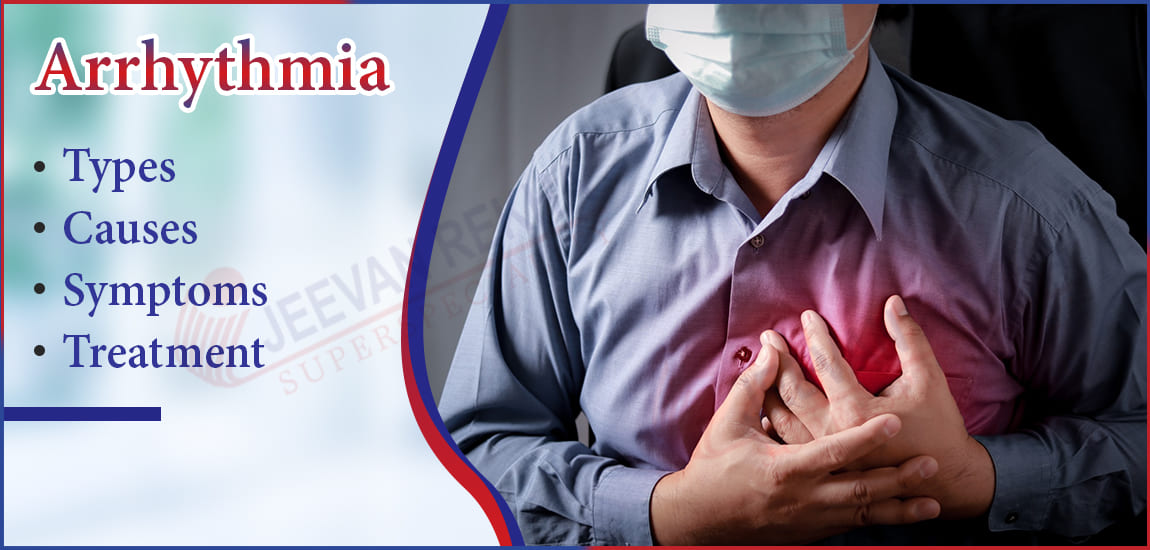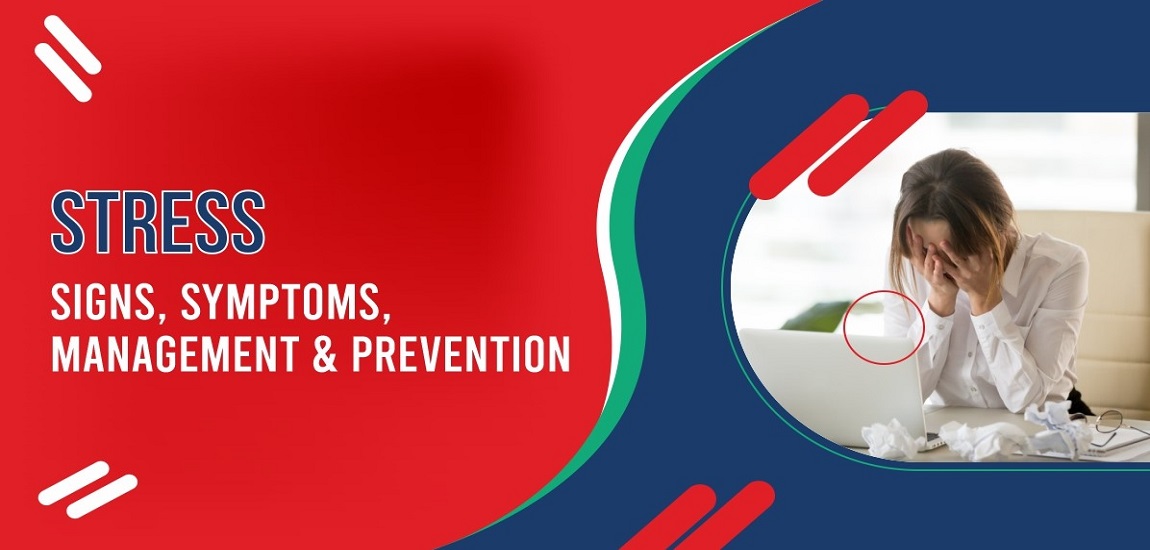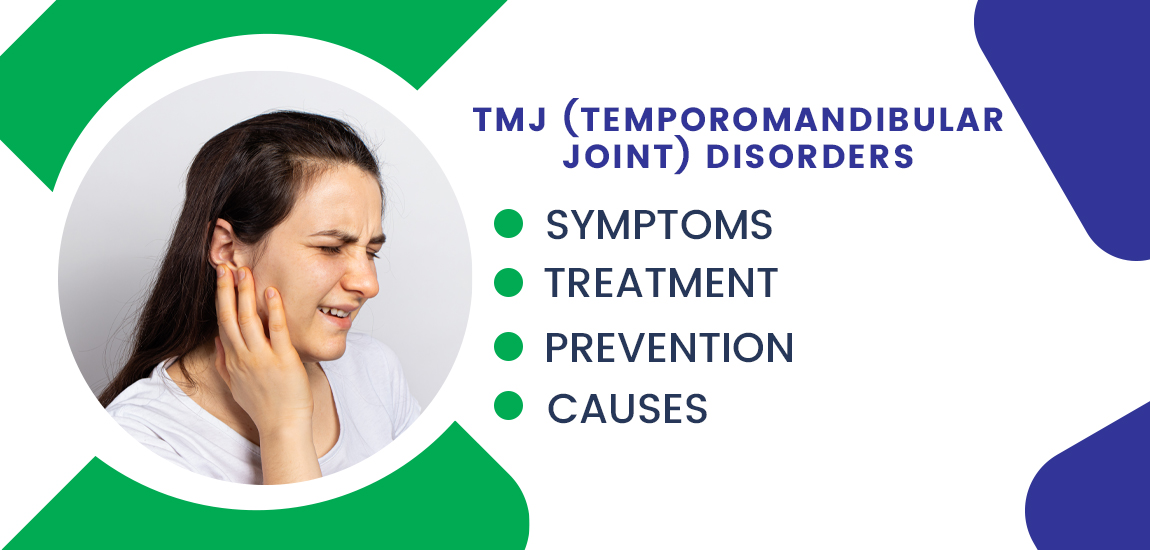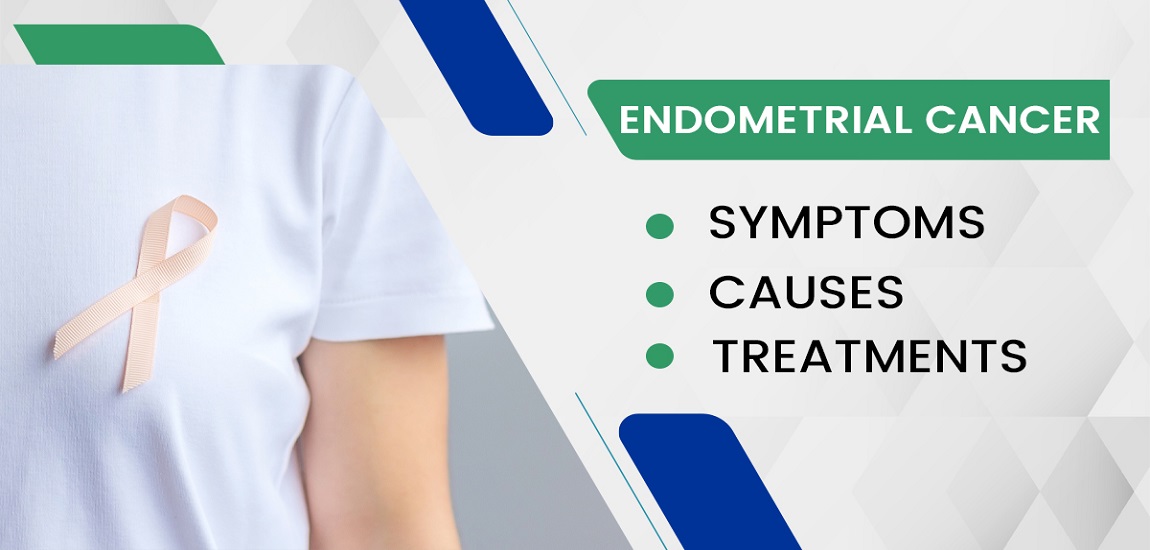
- By Jrsh Admin
- In Health and Tips,
- Posted November 07, 2025
Arrhythmia: Types, Causes, Symptoms, and Treatment
If your heart beats rapid, slow, or unevenly - this failure is mostly attributed to a condition named arrhythmia. In simple words, arrhythmia indicates a heart rhythm that is not normal and thus influencing the ability of your heart to pump blood effectively.
Some arrhythmias are benign while others could even cause severe complications such as stroke, heart failure, or sudden cardiac arrest.
Thus, having a good understanding of arrhythmia inclusive of its types, causes, symptoms, and treatment options will enable you to take timely measures and thereby safeguarding your heart's health.
What is Arrhythmia?
Electric signals traveling through the heart muscle control the heart's normal beat which is a constant rhythm. When these signals are obstructed, your heart can beat irregularly or in two ways: too fast (tachycardia) or too slow (bradycardia).
To put it simply, arrhythmia is a condition where the rhythm of your heart becomes irregular, thus affecting blood flow and sometimes leading to such symptoms as chest fluttering, shortness of breath, or light-headedness.
It is important to note that there is a range of severity when it comes to arrhythmias; some are very benign and do not produce any side effects whereas others require urgent medical intervention. It requires no telling that an early diagnosis coupled with the right treatment can greatly influence the outcome.
Types of Arrhythmia
Arrhythmias come in various forms and are classified according to their origin and mechanism of occurrence. The most prevalent ones are:
- Atrial Fibrillation (AFib)
AFib is the most frequent arrhythmia and is characterized by the upper chambers (atria) of the heart beating erratically and out of sync with the lower chambers (ventricles). It poses an increased risk of forming clots in blood vessels and subsequently having a stroke.
- Atrial Flutter
Atrial flutter resembles AFib in that the atria are not beating regularly, but the beats are more uniformly organized. On the downside, it can still trigger factors such as tiredness, heart pounding, and breathlessness.
- Ventricular Tachycardia
The rapid heart rate in this case originates from the ventricles. If the rhythm persists for a long period, it can lead to the heart not being able to pump properly which in turn may result in fainting or even cardiac arrest.
- Ventricular Fibrillation
This extremely dangerous state is marked by the ventricles' inability to function normally such that they start to quiver instead of contracting and thus proper blood circulation is compromised. The patient will need emergency help right away.
- Bradycardia
When the heartbeat is very slow (less than 60 beats/min), this condition may lead to the person feeling lethargic, lightheaded, or even faint.
- Premature Heartbeats
These are additional heartbeats that can give you the sensation of your heart having “missed a beat.” The majority of the time, they are not a cause for alarm but if they are frequent, they might be an indicator of another problem.
You Can Read Also: Nerve Stroke: What It Is, Causes, Symptoms & Prevention and Treatment
What are the Causes of Arrhythmia?
The different causes of arrhythmia include heart problems, unhealthy lifestyle, and other health issues. A few of the causes are:
- Coronary artery disease or heart attack which leads to fibrosis of heart tissue
- High blood pressure (hypertension)
- Thyroid disorders — both hyperthyroidism and hypothyroidism
- Electrolyte imbalances (low potassium, calcium, or magnesium)
- Diabetes
- Sleep apnea
- Stress and anxiety
- Excessive consumption of caffeine, alcohol, or nicotin
- Certain medications or drug use
What are the Symptoms of Arrhythmia?
The symptoms of arrhythmia can be very different from each other — they can be almost unnoticeable to very serious signs. The main symptoms are:
● Fluttering or pounding feeling in the chest (palpitations)
● Slow or fast heartbeat
● Breathlessness
● Dizziness or feeling light-headed
● Pain or pressure in the chest
● Feeling very tired or weak
● Passing out or about to pass out
What are the Treatment Options for Arrhythmia?
The treatment of cardiac arrhythmia is determined by the type, cause, and severity of your case. The treatment's aim is to restore a normal heart rhythm and prevent complications.
The most common treatment strategies include:
- Medications
Beta blockers, antiarrhythmic drugs, and blood thinners are some of the medications that are usually given to manage heart rate, keep rhythm, and lower the chances of blood clots occurring.
- Lifestyle Changes
The control of arrhythmia can be greatly assisted by eliminating stimulants such as caffeine and alcohol, effective stress management, keeping body weight within healthy limits, and adhering to a diet that is good for the heart.
- Electrical Cardioversion
Electrical cardioversion is a procedure whereby a high-voltage electric shock is given to the heart to bring it back to its natural rhythm. It is done mainly in the case of atrial fibrillation or atrial flutter.
- Catheter Ablation
It is a minimally invasive method in which either heat or cold energy is utilized to obliterate minute areas of heart tissue that are responsible for generating abnormal electrical impulses.
- Pacemaker or Implantable Defibrillator (ICD)
- Pacemaker: It is employed in bradycardia to control the slow heartbeats.
- ICD: It works to avert sudden cardiac arrest in those patients who carry a high risk.
- Surgery
In infrequent and extremely serious cases, surgical interventions like the Maze procedure might be suggested to eliminate faulty electrical pathways in the heart.
Complications of Untreated Arrhythmia
Untreated arrhythmia can result to serious complications such as:
- Stroke – As a result of blood clots that develop during the irregular heartbeats
- Heart failure – The heart not being able to pump blood effectively
- Sudden cardiac arrest – This is particularly the case if it involves ventricular fibrillation
- Organ damage – Poor blood circulation gradually causing this
Because of these compelling reasons, it is essential to consult a physician if you are having persistent or severe alterations in your heart rhythm.
You Can Read Also: Kidney Infection: Symptoms, Causes, Prevention, and Treatment
What is the Prevention of Arrhythmia?
The best way to avoid heart rhythm disorders is to take excellent care of your heart through both medical and lifestyle choices. Here are some things you can do:
- A healthy heart diet should be eaten containing a mixture of fruits, vegetables, and whole grains.
- Incorporate safe and regular physical activities into your lifestyle (Consult your doctor before engaging in a new exercise regime.)
- Limit the intake of caffeine and alcohol, and quit smoking.
- Manage stress through yoga, meditation, and other relaxation techniques.
- Regular check-ups with your doctor are necessary to keep your blood pressure, cholesterol, and blood sugar levels in the proper range.
- If you have heart disease, do not discontinue following the recommended treatment.
Conclusion
Jeevan Rekha Hospital in Jaipur acknowledges that a sound heart leads to a sound life. Arrhythmias, some of which are not serious, might be early warning signs of heart disease that is not apparent and may need treatment by a specialty. Most arrhythmias can be controlled and managed with appropriate diagnosis, state-of-the-art cardiac care, and treatment.
We have a highly-qualified team of doctors that includes cardiologists and medical personnel is dedicated to providing full cardiac evaluation, treatment, and ongoing heart monitoring to ensure the health and stability of your heart. Alongside this, we emphasize prevention, which consists of a heart-healthy lifestyle, daily monitoring, and patient education.
If you feel your heart is beating irregularly, or you feel palpitations, or you feel dizzy, or you have any discomfort in your chest, it is recommended that you pay attention to these symptoms. Please visit Jeevan Rekha Hospital Jaipur, where caring and state-of-art cardiac treatment meet to help you regain the control of your heart health and to live an active and confident life.
Frequently Asked Questions (FAQs) Regarding Arrhythmia
- Does arrhythmia just go away?
Some very mild arrhythmias are no big deal and can go away on their own, like premature beats. But with frequent and more serious arrhythmias, you really should get help.
- How do doctors figure out arrhythmias?
Doctors will use tests like they put on an ECG (electrocardiogram), or Holter monitor, echocardiogram, stress test, etc. to see if there is any abnormal heart rhythm.
- Can arrhythmias be life-threatening?
Not usually. Many arrhythmias are nothing to worry about at all. But some arrhythmias are life-threatening. If someone had ventricular fibrillation, and there was no intervention, or sustained atrial fibrillation which was ignored could be life-threatening.
Tags
Blog Search
Latest Posts
-
Skin Ulcers Uncovered: Causes, Types, Symptoms, and Healing Options
January 13, 2026 -
Is Coconut Water Safe During Pregnancy? Benefits, Risks & Myths
January 08, 2026 -
Dark Circles Under The Eyes: Causes, Home Remedies and Treatments
December 21, 2025 -
बर्ड फ्लू के लक्षण, कारण, उपचार और बचाव के उपाय जानें
December 04, 2025 -
Best Diet Plan for Menopause Weight Management
November 25, 2025




